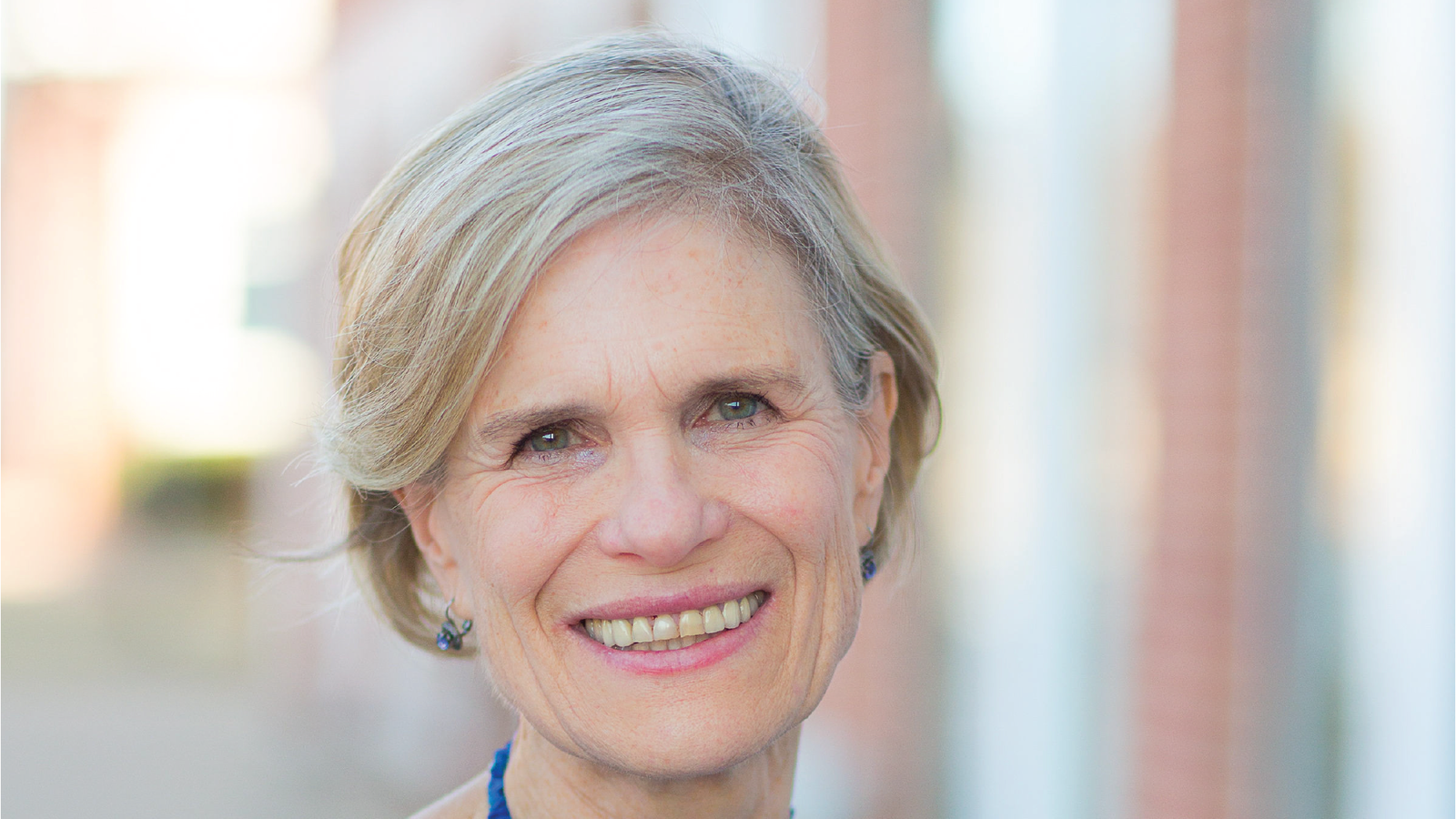
Amstat News Celebrates Stephanie S. Shipp Among 28 Inspirational and Influential Women in Statistics and Data Science
In celebration of Women’s History Month, Amstat News, the membership magazine of the American Statistical Association (ASA), highlighted 28 admired and accomplished women in a special March feature titled, “Celebrating Women in Statistics and Data Science.” Deputy Director and Research Professor Stephanie S. Shipp from the Biocomplexity Institute and Initiative at the University of Virginia was among this esteemed group, selected by other women in the field because of their influential and inspirational work.
As detailed in the profile, Shipp began her career with the Bureau of Labor Statistics (BLS) and quickly got involved with the ASA, “her professional home,” which has been an important force in her career and personal development for more than 30 years. After returning to school and obtaining a doctorate in economics, she went on to work at the Census Bureau, National Institute of Standards and Technology, and then the Science and Technology Policy Institute, a small research group that provides policy analysis to the White House. From there, Shipp met and later joined Sallie Keller in creating the Social and Decision Analytics Division, now located at UVA’s Biocomplexity Institute.
“It is an honor to be recognized,” Shipp said. “A close friend reminded me that ‘the highest reward for life’s endeavors is not what we get for it, but what we became from it.’ I have been fortunate to learn and become who I am from being part of the statistics community. The stories from these amazing women should inspire others to not only strive in their own careers, but to help others do the same.”
Throughout the course of her more than 30-year career in statistics and data science, Shipp has always been motivated by the power of her work to change and improve the lives of others.
“I’ve always thought about how economics and innovation can help improve the lives of vulnerable populations and enhance quality of life for all,” she said. “My training in the federal statistical system opened my eyes to the power of data to influence policy and action. Later in my career, I was able to see the other side of the equation – how innovation in the corporate world can changes lives for the better. Now at the Biocomplexity Institute, I can combine my interests and experience, and learn even more about how communities operate and incorporate evidence and data into their decision-making, and help build their capacity to do so. Our focus is translating data into action that improves lives!”
Over the last five years, Shipp has worked in partnership with Keller to build the data science research group now at UVA’s Biocomplexity Institute. The team’s goal is “to develop the theories, methods, and tools to implement our vision of data science for the public good,” – a challenge she says has been one of the hardest, yet most rewarding of her career.
“We have a big vision! We want our communities to use data as the common denominator in shaping policy and action. To get there, we must improve the data literacy of our communities to understand that problems are driven by questions, and at the same time, develop a workforce trained in analytics and data science methods. Then, we must work to build the capacity among our existing workforce to use their own data as well as other data sources to answer questions. My entire career has focused on how data can improve quality of life for all, and I am excited to do this in new and powerful data-driven ways.”
Even since her early days in the profession, Shipp believes women have been well-supported and represented in the statistics and data science field. “Throughout my experience with the federal statistical system and the ASA, women have been very prominent in the field and in leadership positions. In the last 20 years, almost half of the ASA presidents have been women, which is more than double the number of women presidents in the 100 years prior.”
While the profession is doing well when it comes to gender diversity, Shipp believes there is much progress to be made when it comes to ethnic and racial diversity.
“The statistics and economics professions still have a long way to go before they reach a level that is truly reflective of the population, especially for men and women of color. I would like to see steady progress towards achieving levels representative of the population, enriching our collective experience, perspective and overall impact.”
See the full “Celebrating Women in Statistics and Data Science” feature at AMSTAT News, which also includes fellow UVA faculty member Karen Kafadar, Commonwealth Professor and Chair, Department of Statistics.